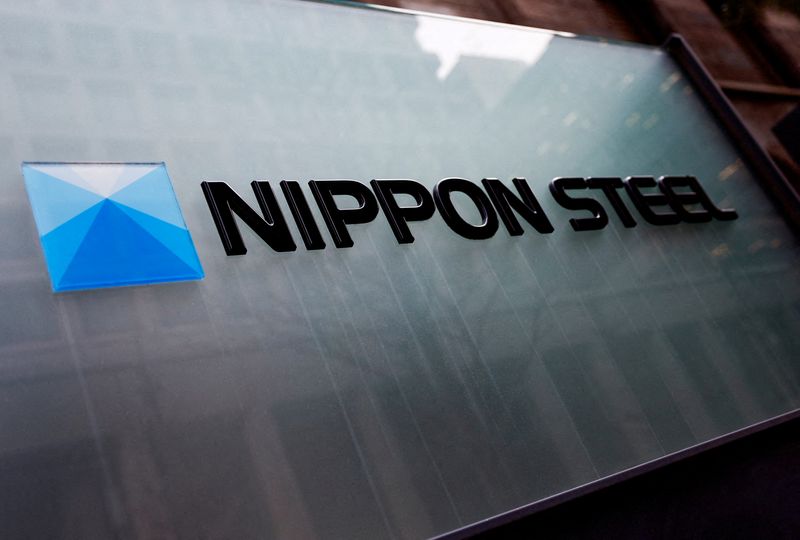By Alexandra Alper, Echo Wang and Karen Freifeld
WASHINGTON (Reuters) – A powerful U.S. national security panel reviewing Nippon Steel’s $14.9 billion bid for U.S. Steel faces a Sept. 23 deadline to recommend whether the White House should block the deal, two said people familiar with the matter.
The Committee on Foreign Investment in the United States has until that day to conclude its second, 90-day investigation into the Japanese company’s proposed takeover of US Steel, the people said, but they were not named because the matter is not was public.
On that date, CFIUS officials could grant a request from the companies to extend the review for another 90 days, which would delay the politically sensitive decision until after the Nov. 5 election.
If the panel doesn’t, it could approve the deal, possibly with measures to address national security concerns, or recommend President Joe Biden block the deal.
The deal has become a political hot potato and faces high-profile opponents including Biden, Democratic presidential candidate and Vice President Kamala Harris and Republican Donald Trump. They oppose foreign ownership of US Steel, which produces a strategically and symbolically important product used to build ships, trains and infrastructure.
“The president’s position is that it is critical that US Steel remain a domestically owned and operated American steel company,” White House adviser Saloni Sharma said.
US Steel is headquartered in Pennsylvania, a crucial swing state in the presidential election. The United Steel Workers union, which supported Harris, opposes the deal.
As the clock ticks toward the September 23 deadline, the politics and uncertainty surrounding the deal are in the spotlight. The companies tried to salvage the takeover after the panel said in an Aug. 31 letter seen by Reuters that it would harm the security of U.S. steel supplies.
The companies countered in a 100-page letter, also exclusively reported by Reuters, that the deal would increase U.S. steel production and asked for a delay to address concerns.
CFIUS and Nippon Steel declined to comment and US Steel did not respond to a request for comment.
A senior government official said no decision is expected in the coming days. The Washington Post reported Friday that a decision could be postponed until after the election.
Sources said the companies hope that recent support for the deal, including a letter from business groups such as the Chamber of Commerce expressing concerns that the transaction is being influenced by political pressure, could turn the tide.

Robust CFIUS reviews last 90 days, but it is common for companies to withdraw and resubmit their filings to give the companies more time to address the panel’s concerns. This will reset the 90 day clock.
Nippon Steel and US Steel applied for the review in March, and CFIUS allowed them to reapply in June, triggering a second 90-day clock that expires on September 23, sources said.


